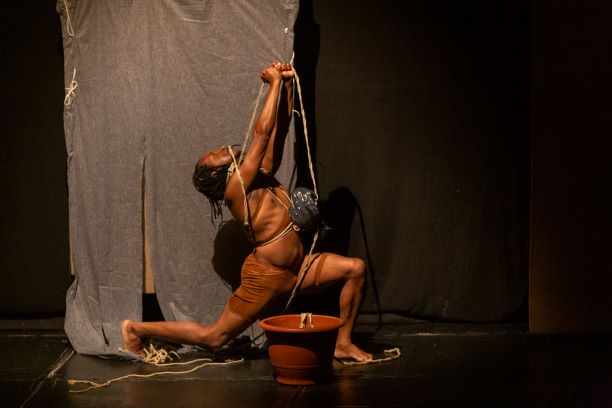Contemporary dance in the theatre often has roots in different folk traditional dances, not just in a classical music dance. An African tribal dance today has a valuable area of academic inquiry and under the most interesting concepts, today is the concept of black dance within contemporary dance/criticism/practice. This has a multifocal framework of cultural studies and it is associated with the politics of identity, along with context notions of race, class, gender, and yes sexuality. To preside already existing marginal discourses, there are different radical black feminist writings that I have explored here. There is the paradigm of artistic constructions around contemporary dance and choreography when it comes to African traditional dance to be translated into a contemporary dance piece. The entire culture and cultural products in terms of dance and choreography and whether this is ultimately beneficial to Africa itself loses itself if we talk about dancers using different dancing techniques to employ an African dance into a contemporary frame book. We could argue if cultural globalization is a luxury that develops different choreographers in a void and what is the politics of performance practice if we are talking about employing an African traditional dance into a contemporary dance?
There are rumors in the world that dances of Africa are a sheer display of thoughtless motions made by animists, which also may be part of the wrong ideas. The mixture of African tribal dance within the frame of the contemporary dance structure is very complicated if embodied and framed into the entire theatre play. Is the modern stage result of displacements of the African colonialism. The impact of colonialism, the dynamics of globalization, the challenges of technology have threatened the existence and survival of all intangible dance tribal heritages within native African cultural frameworks. Tribal dances of Africa, as indigenous cultural narratives are endangered enough and are fading into obscurity due to a Western paradoxical value and may exist now as an immigration syndrome of cultural displacement. The entire attempt to discredit the pre-colonial civilizations of Africa generally is the colonial political strategy that can be stopped only if the black African origin artists continue to present their culture. In the frame of this article, I present you an African origin dancer Ebale Zam Martino a singer, dancer, stylist, choreographer and percussionist and his collaboration with a Yantra académie In Brussels/Bruxelles. A talented black origin dancer has a Dance Academy in Brussels https://www.academieyantra.be/ You can find all information about Ebale Zam Martino at www.nyangazam.be. Ebale also owns a television in Brussels where he presents black culture in Europe https://www.facebook.com/zamtvbrussel


